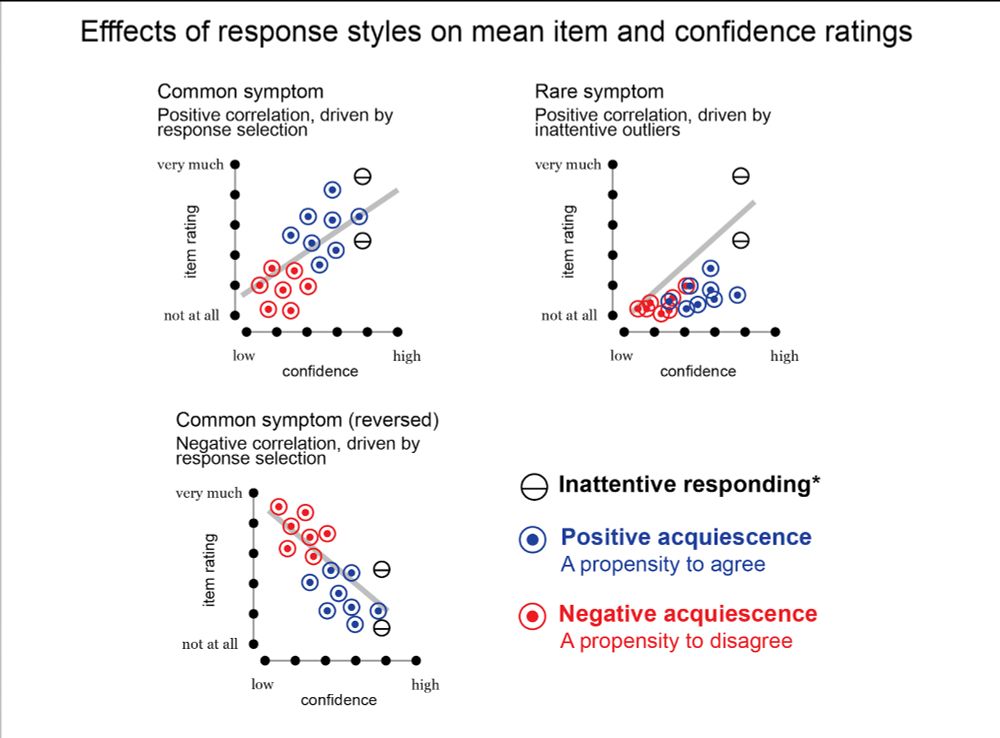Noam Sarna
@noamsarna.bsky.social
51 followers
71 following
33 posts
PhD student at TAU. Trainee Clinical Psychologist.
Posts
Media
Videos
Starter Packs
Reposted by Noam Sarna
Matan Mazor
@matanmazor.bsky.social
· Jul 1
Noam Sarna
@noamsarna.bsky.social
· Mar 22
Noam Sarna
@noamsarna.bsky.social
· Mar 22
Noam Sarna
@noamsarna.bsky.social
· Mar 22
Noam Sarna
@noamsarna.bsky.social
· Mar 22
Noam Sarna
@noamsarna.bsky.social
· Mar 17
Noam Sarna
@noamsarna.bsky.social
· Mar 17
Noam Sarna
@noamsarna.bsky.social
· Mar 17
Noam Sarna
@noamsarna.bsky.social
· Mar 17
Noam Sarna
@noamsarna.bsky.social
· Mar 17










